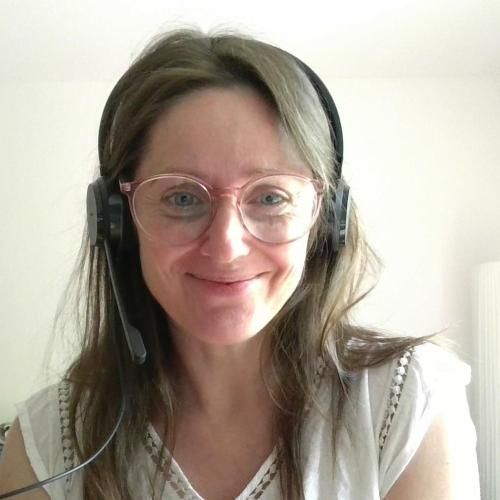
CareNet | UOC-TRÀNSIC AID4So | UOC-TECH
Interdisciplinary R&I Hub
Universitat Oberta de Catalunya
Rambla de Poblenou 156, 08018 Barcelona
Més sobre Judith Igelsboeck:
Judith Igelsboeck
Investigadora postdoctoral UOC
Presentació
Judith Igelsböck is a social researcher specializing in emerging technologies and innovation. She holds a PhD in Science and Technology Studies (STS) from the University of Vienna, where she focused on transdisciplinary collaboration as culture and practice. Her interdisciplinary work bridges human-computer interaction (HCI), science and technology studies (STS), and organizational and work studies.
Before joining the Open University of Catalonia (UOC), Judith held postdoctoral positions at the Department of Science, Technology and Society at the Technical University of Munich (TUM) and at the Linz Institute of Technology (LIT) at Johannes Kepler University Linz (JKU). At JKU, she was awarded a young career grant for her project on innovation scripts, where she investigated isomorphism in organizational innovation practices and their societal implications.
More recently, Judith has been concerned with digital twins. As part of a speculative research project funded by the Volkswagen foundation, she has been critically and creatively exploring digital twinning, i.e. ways of using and relating to new forms of intelligent digital representation, inspired by the manifold twin kinds and twin relations as described in human twin fiction and twin studies.
Currently, Judith is a postdoctoral research fellow at UOC, contributing to both the AID4So and CareNet groups. Her project, “The Digital Twin in Pictures: Image and Careful Re-imagination of an Emerging Technology,” brings together computer science and social science to investigate the intersections of visual representation, design, and use of digital twins. Her research focuses on three key areas:
- Image Labor – examining how visual representations of digital twins are produced, by whom, and the roles AI and stock photography platforms play in image creation, circulation, and use.
- Image Semiotics – analyzing how digital twins are visually depicted and how these representations might prescribe what digital twinning is and who it serves.
- Careful Re-imagination – experimenting with the production of counter-images that highlight complexities, injustices, and potential discrimination in the design and implementation of digital twins.
Judith approaches her research endeavors with an experimental spirit and enjoys collaborating with artists. Together with theater makers and creative coders, she co-created “Enacting Innovation”—a participatory theater performance showcased at the Ars Electronica Festival. The Volkswagen Foundation funded an artistic interpretation and creative translation of her digital twin research which resulted in the interactive short story collection “The Secret Lives of Digital Twins,” published on the digital literature platform Polyplot (https://your-secret-digital-twin.de/).